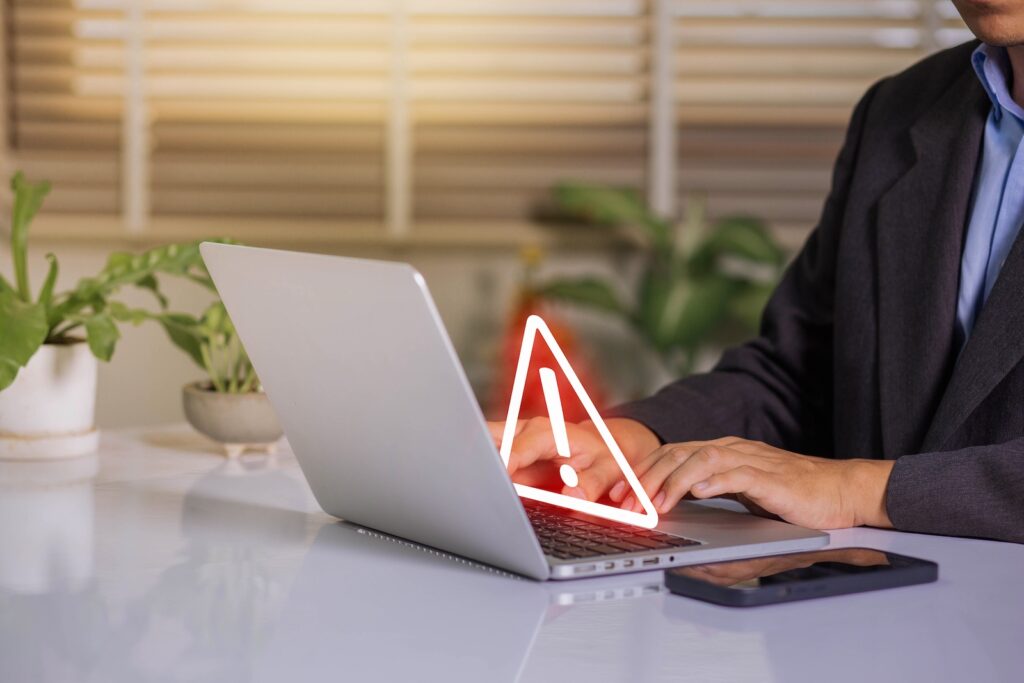Beware of Fake Invoices: How Scammers Pose as Your Trusted Businesses
In a concerning trend that’s affecting customers worldwide, tricksters have been found impersonating legitimate businesses to send out bogus invoices. This clever deceit not only harms the reputation of genuine companies but also poses a serious risk to consumers who might unknowingly fall into the scammer’s trap.
How does this scam work? Imagine you’re waiting on an invoice from a service provider you trust—maybe for your internet or a recent home repair. Then, an invoice lands in your email, seemingly from that very business. It looks real, feels real, but there’s a catch. The bank details listed for the payment don’t actually belong to the business you’re trying to pay. Instead, they lead straight into the scammer’s pocket.
At the heart of this scam lies identity theft. Scammers cunningly steal or mimic the identity of a real business, crafting invoices that are convincing mimics of the real deal. To an unassuming customer, these fake invoices blend seamlessly with genuine ones, making it incredibly challenging to spot the deception at first glance.
The dangers of falling for such a scam are significant. Not only could consumers lose their hard-earned money, but they may also inadvertently share sensitive personal information, opening doors to further fraud. This scenario creates a double-edged sword—financial loss coupled with potential long-term identity theft repercussions.
So, what can you do to protect yourself? Vigilance is key. Always scrutinize invoices carefully, especially if they pop up unexpectedly. Verify the bank details with the company directly through a trusted contact number or email—don’t use the contact information provided on the suspicious invoice. If an invoice demands urgent or immediate payment, take it as a warning sign to pause and verify its authenticity.
Businesses, on their end, need to take proactive measures to safeguard their identity and build robust communication channels with their customers. Educating customers about the risk of such scams, encouraging secure payment methods, and maintaining transparent communication can help prevent these fraudsters from succeeding.
As consumers, fostering a sense of cautious skepticism can go a long way. Always question unexpected invoices, and when in doubt, reach out directly to the business involved using verified contact information. By spreading awareness and staying informed, communities and businesses can work together to thwart these deceitful schemes and protect their financial wellbeing.

